A group of parents and carers in Tottenham is in a plea to raise funds for musical education for Year 4 students at one primary school.
Willow Primary had previously offered free supplementary musical education for all its Year 4 students, and some Year 5 students, but recent budget constraints have led to this being cut.
The campaign, by Broadwaters’ Parents and Carers (BPAC), has begun on GoFundMe, alongside a video, and aims to raise the £10000 required to fund their 60 Year 4 students for one year.
One BPAC member, Mark Applegate, 47, said: “The school is being squeezed.
“It’s really important that [musical education] is open to everyone.”
Since the campaign began on March 4, funds of more than £2900 have already been raised, and Applegate remains hopeful that the target will be reached.
Funding constraints aren’t uncommon in schooling, with the IFS reporting that total school spending per pupil fell by 8.5% in real terms in England between 2009–10 and 2019–20.
That figure only includes day-to-day or current school spending per pupil, with larger cuts having occurred in school capital spending.
This smaller budget means that Willow Primary could no longer afford the Whole Class Instrumental Teaching (WCIT) programme.
WCIT, an optional musical training course, is subsidised by Haringey Council and Arts Council England, and offered to all Year 4 children as well as 20 Years 5 and 6 pupils, at a cost of £9,853.20 per year for a two-form entry school.
In addition to this cost, the school is also in the process of applying for a grant to cover instrument hire costs for the next year.
WCIT is provided by Haringey Music Service, and Willow Primary have a history of funding it due to their strong belief in the positive impact of musical education.
Alexandra Lamont, a professor of music psychology at Keele University, said: “For many children, school is the only place they will have the opportunity to see and hear musical instruments at close proximity, and the chance to learn is absolutely invaluable.
“Often children experiencing social challenges find a place in music that helps them discover a focus, express their creativity and their emotions, and connect better with their peers, and music is a great activity to take part in across generations.”
Lamont went on to highlight how experiences at a young age are highly effective at building new connections in the brain and that these positive interactions with music in youth can lead to long term health benefits if continued.
She said: “People who engage in music-making of all kinds later in life often experience higher levels of happiness and wellbeing, improved mood, and connectedness with others, which have much bigger benefits in terms of both mental and physical health.”
“The chance to learn music will also help young children in many other areas of development such as attention and memory, literacy, and social interaction, and music learning can be really helpful for children with developmental disorders such as dyslexia which benefit from early training in rhythm and timing.”
For more information and to donate, visit: www.gofundme.com/f/the-willow-on-broadwaters-music-4-all
Featured image credit: Broadwaters’ Parents and Carers Association
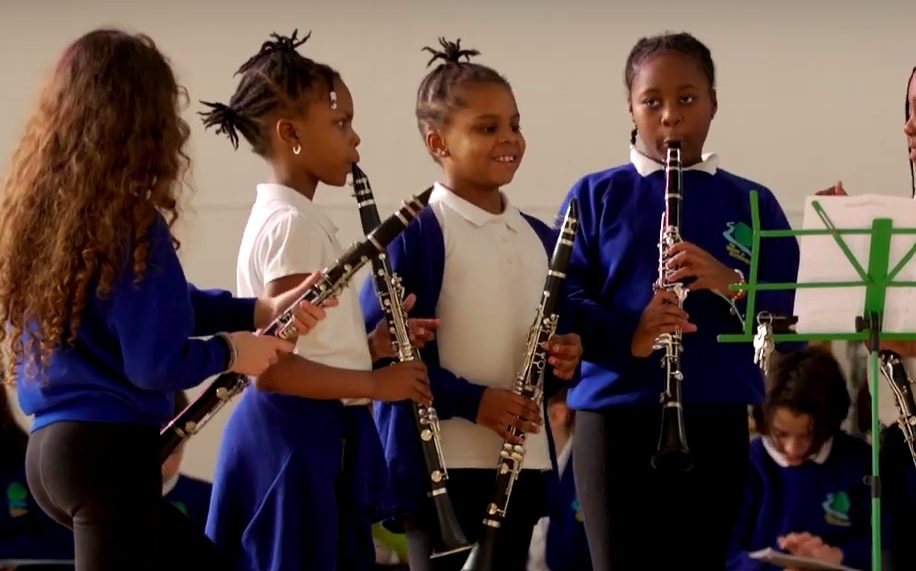
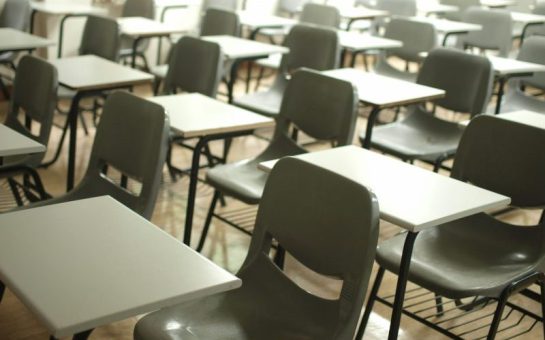
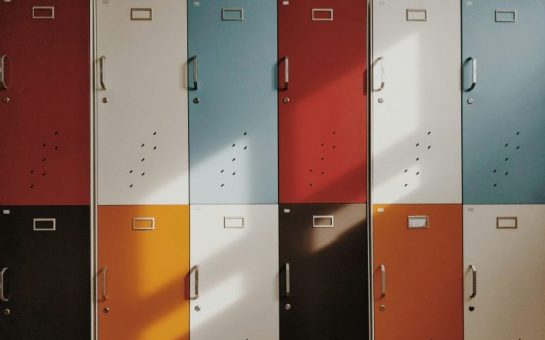
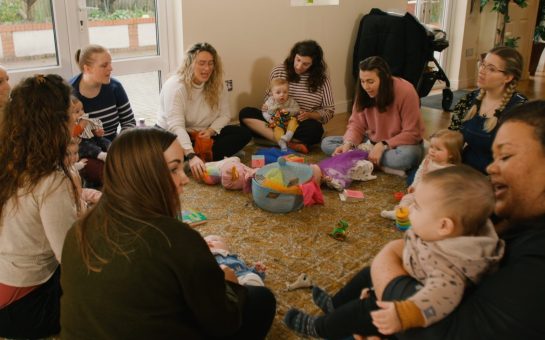
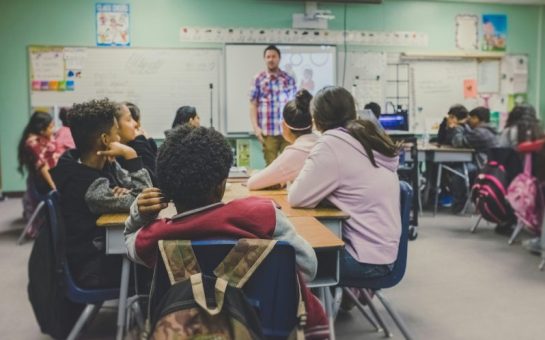
Join the discussion